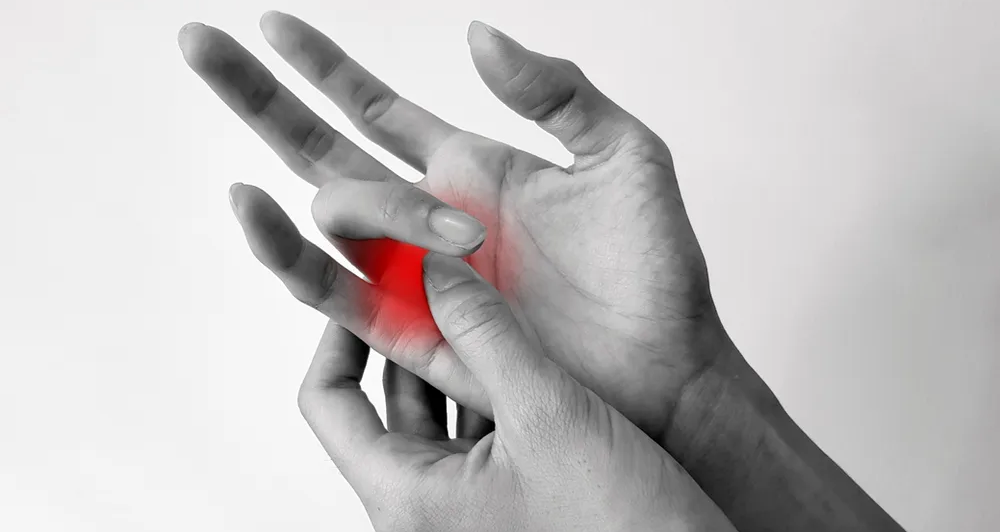Large Rotator Cuff Tears
Large Rotator Cuff Tears
Large rotator cuff tears and physiotherapy
Shoulder injuries, particularly those involving the rotator cuff, can be both painful and debilitating. However, there is good news for anybody facing the challenges of a large to massive rotator cuff tear. Recent research has shown that exercise can be as effective as surgery in improving quality of life, disability, and pain for those with experiencing large to massive rotator cuff tears (Fahy et al. 2022). Given the costs and risks associated with surgery compared to exercise, it seems reasonable to try exercise-led physiotherapy in the first instance.
What is the rotator cuff?
The rotator cuff is a group of muscles and tendons that surround the shoulder joint, playing a crucial role in stabilizing and enabling various shoulder movements. When a large tear occurs in these tissues, it can result in pain, weakness, and reduced range of motion. Although it’s important to note that tears of the rotator cuff are very common, and we start to see them more so in those over 50 years of age (Teunis et al. 2014).
Strength training: building resilience
The controlled and targeted resistance provided by strength training exercise contributes to the overall stability of the shoulder joint, which can aid a reduction in pain and restoring functionality to the shoulder joint. Your physiotherapist will be able to guide you through a gradual and progressive approach to strength training. Starting with gentle, controlled movements and gradually increasing resistance overtime can help rebuild muscle strength. This approach can also allow the shoulder to become more adaptable to the demands of everyday life.
Conclusion
By following a structured rehabilitation program under the guidance of a Chartered Physiotherapist, those with large rotator cuff tears can often develop a stronger, more resilient shoulder than ever before.
References
Fahy, K., Galvin, R., Lewis, J. and Mc Creesh, K., 2022. Exercise as effective as surgery in improving quality of life, disability, and pain for large to massive rotator cuff tears: A systematic review & meta-analysis. Musculoskeletal Science and Practice, 61, p.102597.
Teunis, T., Lubberts, B., Reilly, B.T. and Ring, D., 2014. A systematic review and pooled analysis of the prevalence of rotator cuff disease with increasing age. Journal of shoulder and elbow surgery, 23(12), pp.1913-1921.
To book your appointment, contact us on 0749111010 or book online via link.
Author: Aiveen Lavery
Senior Physiotherapist





